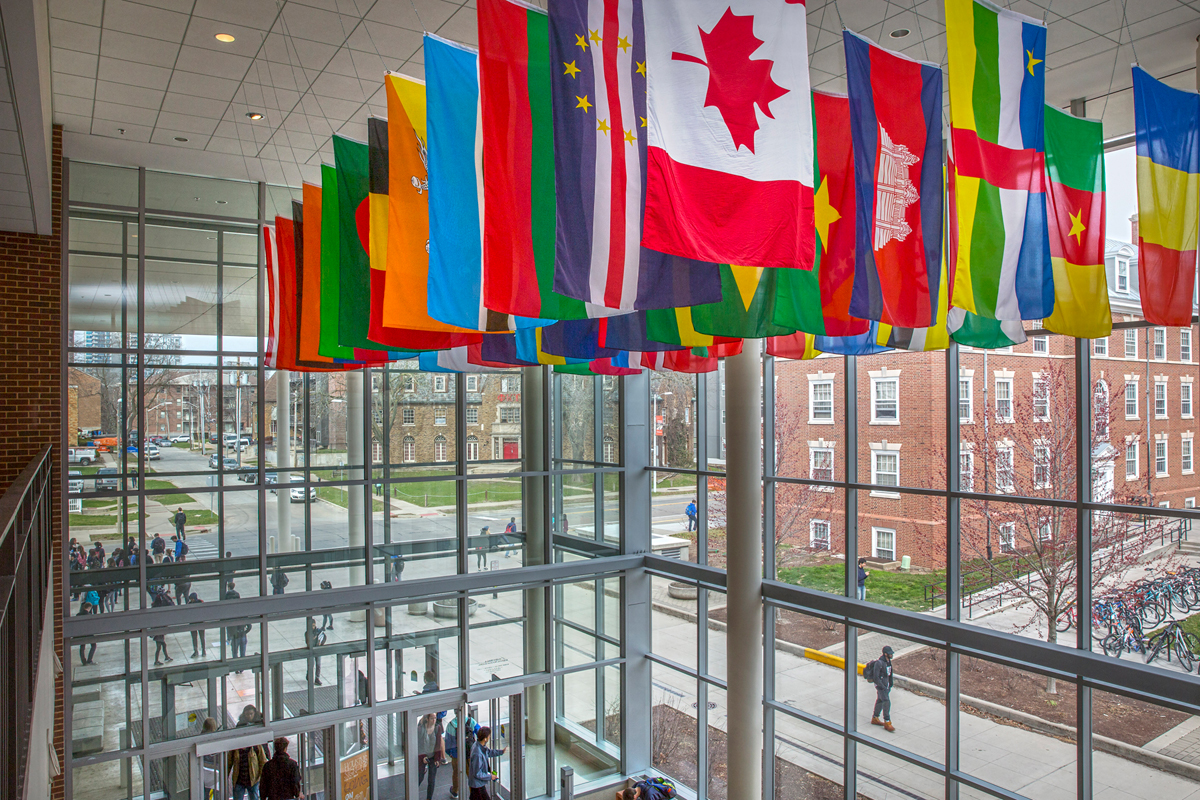African American Studies
Firmly rooted in the humanities, social sciences, and the arts, the central objective of the major in African American Studies (AAS) is to provide students with a transdiciplinary perspective on the origin, role and policy implications of race in the United States and world political economy, society and culture, over time. AAS students will learn diverse concepts, theories and methodologies for analyzing the experiences and perspectives and the cultural and intellectual production of African Americans and African descended people, largely though not exclusively in the United States.
An African American studies major will be encouraged to achieve excellence in developing vital creative and critical competencies, including oral and written communication, computer and statistical skills. Students majoring in AAS will also be encouraged to join a new generation of leadership grounded in African American studies knowledge and committed to public engagement to meet the continuing challenges of a diverse democratic society; and to foster national discourse to produce public policy aimed at achieving social justice.
- AFRO 100—Introduction to African American Studies
- AFRO 103—Black Women in the Diaspora
- AFRO 105—Black Literature in America
Students should consult with an academic advisor regarding course selection prior to the advanced registration period.
This program prepares students for graduate study and research in traditional disciplines and interdisciplinary fields and for careers in the private or public sectors such as teaching, social work, human resources, criminal justice, management and administration, city planning, marketing, policy-making, medicine and law.
- Analysis and Research: identifying research topics, gathering information, examining evidence, comparing/contrasting ideas and concepts, solving problems, thinking critically. Assessing alternative modes of analysis.
- Communication: writing clearly, expressing ideas through several media (e.g. film, music), listening to others, challenging conventional ideas, conveying ideas systematically.
- Cultural Sensitivity: understanding society through culture, appreciation for race and class differences and perspectives, working with competing notions and ideas, examine the relationship of historical, economical, and political forces.
- Project Development: assessing needs and interests, working with community groups, generating ideas, identifying resources, developing sound research designs, evaluating results, translating theory into action.
- Admissions Counselor
- Anthropologist
- Author/Editor/Writer
- Claims Representative
- Community Affairs Specialist
- Conference Planner
- Corporate Trainer or Interpreter
- Cultural Affairs Officer
- Customs or Immigration Officer
- Educational Consultant
- Employee Relations Specialist
- FBI or CIA Agent
- Foreign Service Officer
- Government Agency
- Historic Preservation Specialist
- Human Resources Specialist
- International Relations Specialist
- Journalist
- Lawyer
- Lobbyist
- Market Research Specialist
- Member Historic Site Administrator
- Multicultural Educator
- Museum Curator
- Nonprofit Administrator
- Peace Corps Worker
- Psychologist
- Public Administrator Community
- Public Information Officer
- Public Relations Specialist
- Sales Representative
- Specialist in Public Policy
- Specialist in Conflict Resolution
- Specialist in Consumer Advocate
- Teacher or Professor
- Trade Specialist
- Translator
- Travel Consultant
Some careers may require education beyond an undergraduate degree.
- Participating in undergraduate research
- Applying for a study abroad experience
- Utilizing resources of The Career Center
- Joining a Registered Student Organization (RSO) related to this major, such as:
- African Cultural Association: Works to dispel the myths and stereotypes that exist regarding Africa and its people. To promote awareness and educate the community about different issues affecting Africa today.
There are several professional organizations dedicated to African American Studies. Their websites might be able to provide a glimpse in the world of African American Studies. These organizations include Association for the Study of the African American Life and History and the National Association of African American Studies.


